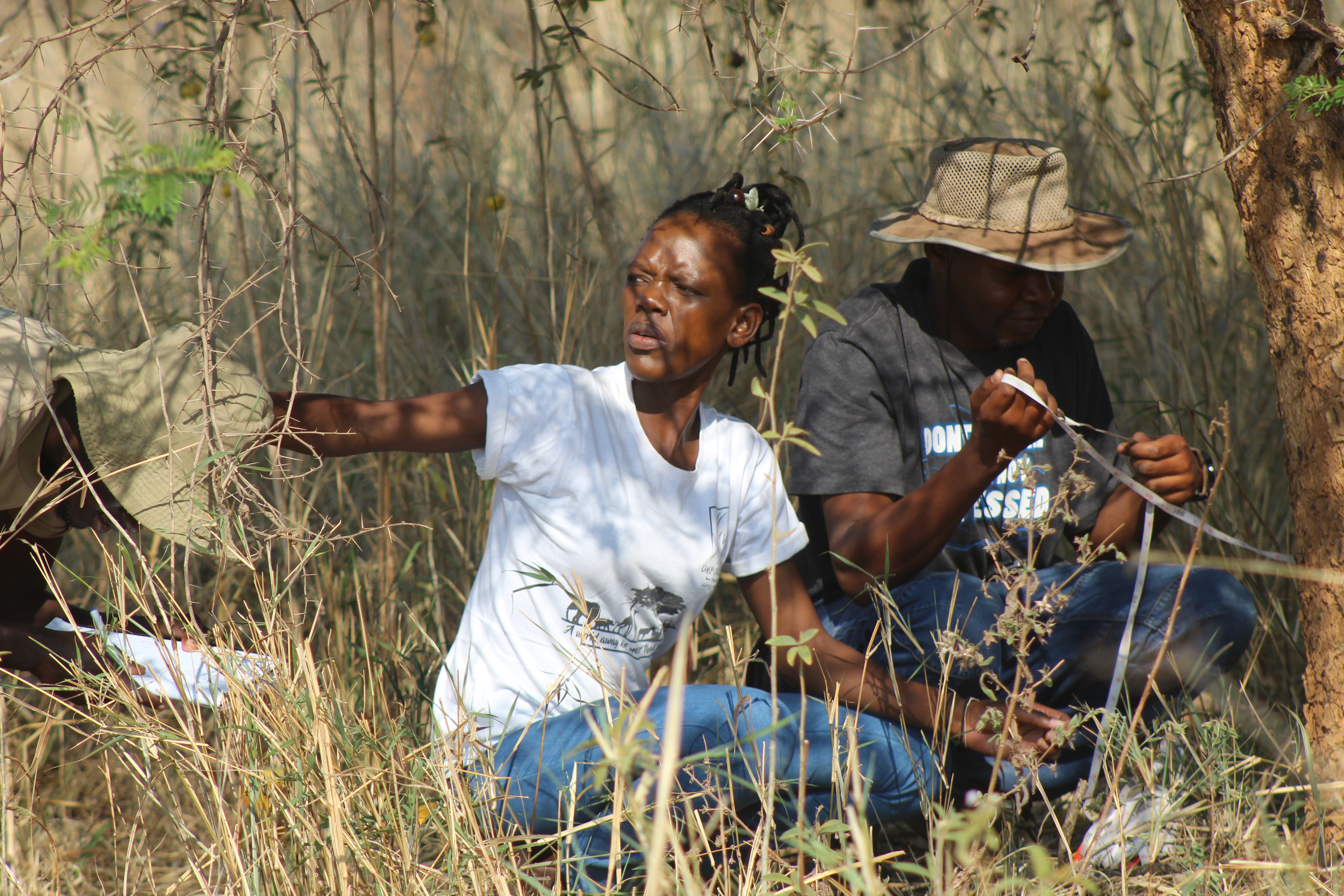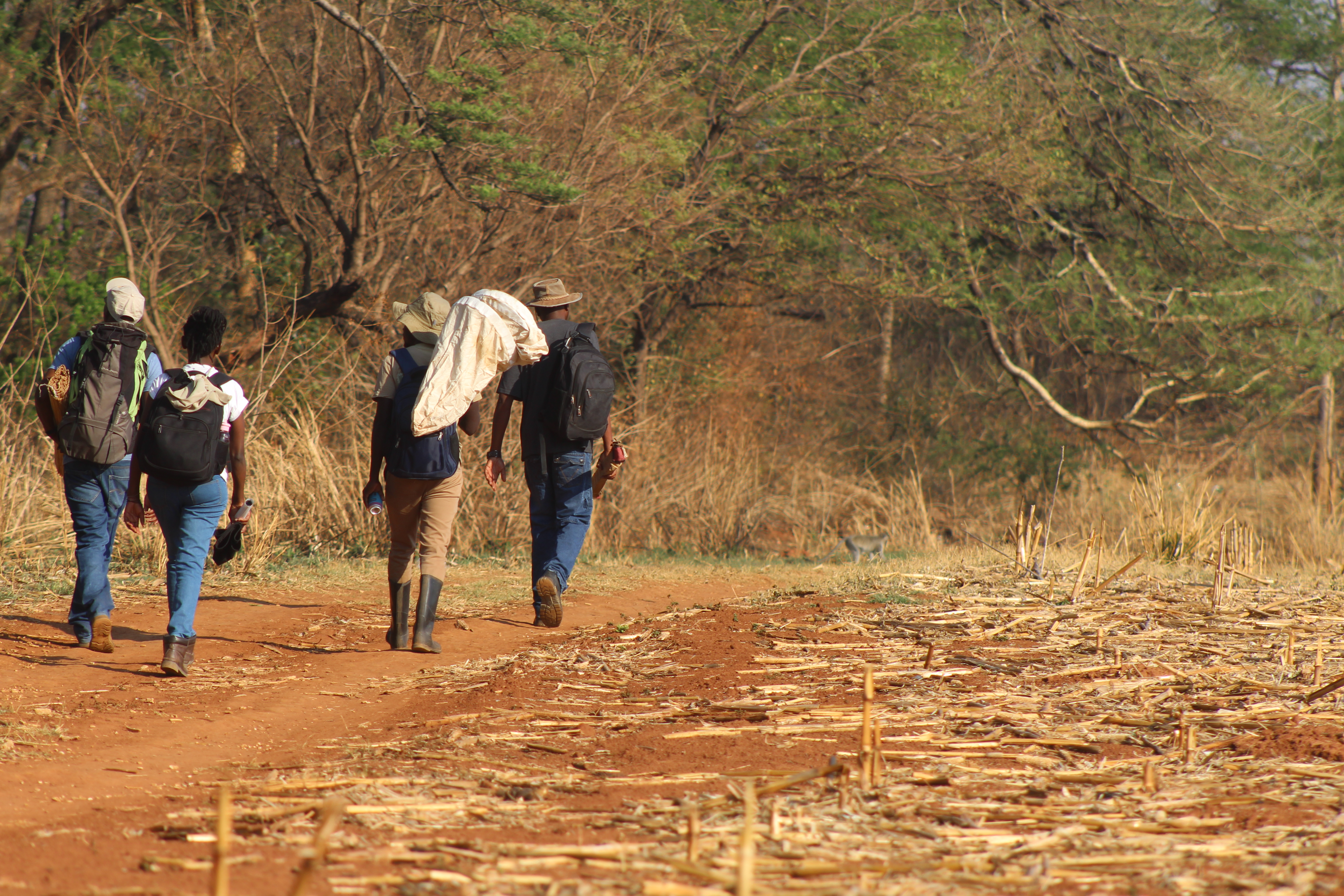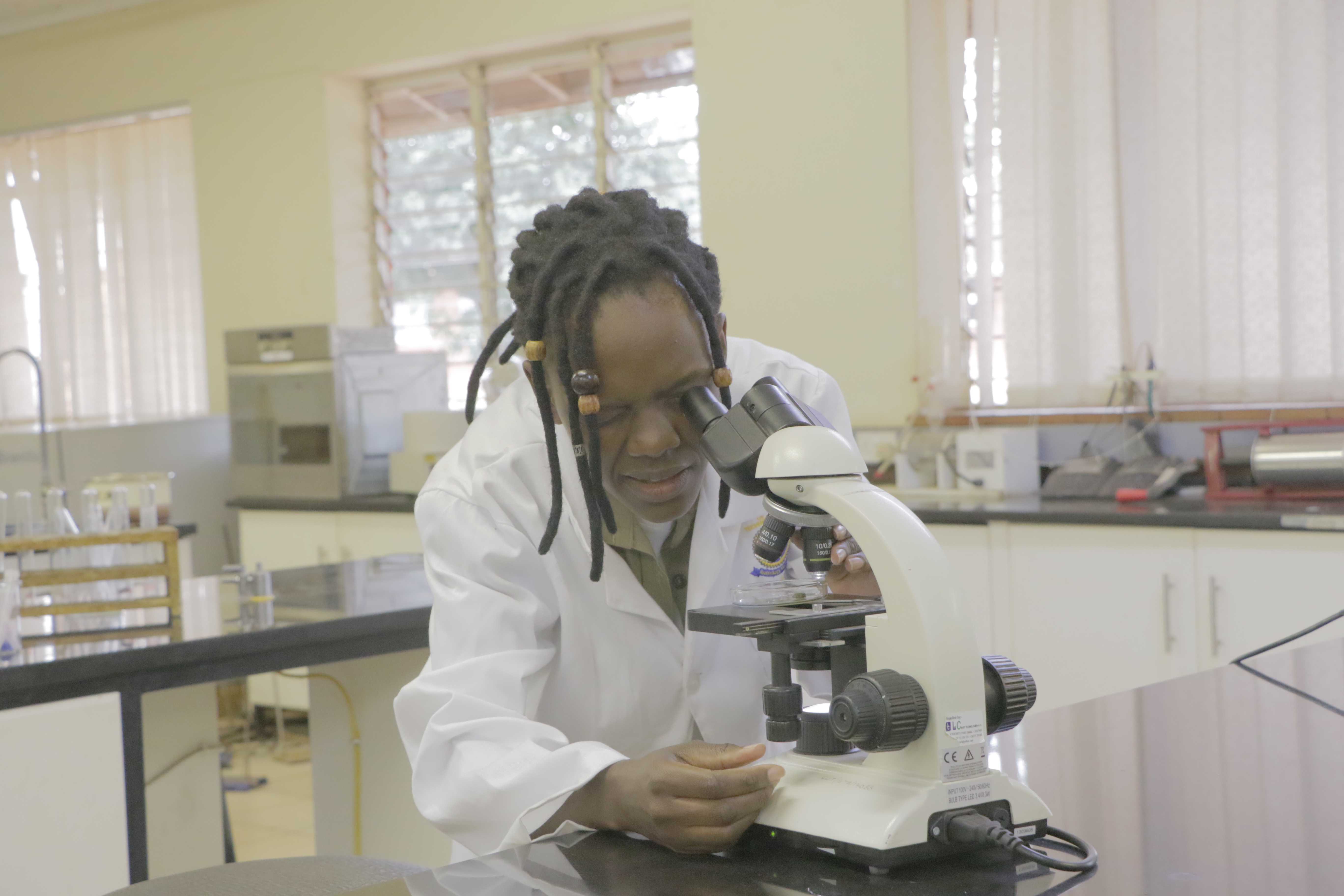
Add edible insects to our diets to reduce meat consumption. #Climate change
Our diets are a highly personal thing. However, it can also be something that we take for granted. Often, this leads to quite large differences in opinions especially on the matter of meat consumption. Meat consumption can provide protein, amino acids and several essential micronutrients to our diets.






